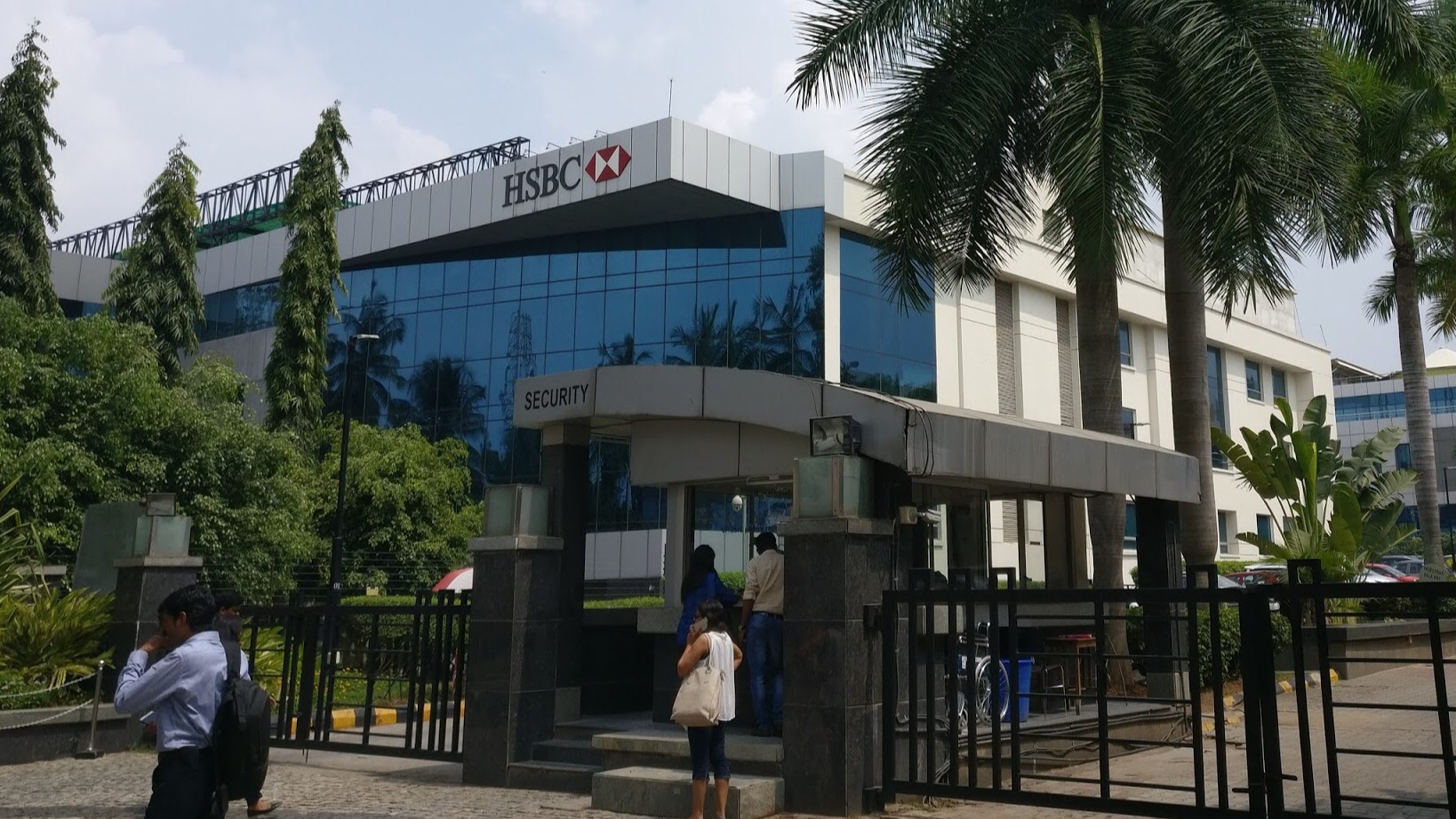The chief executive of HSBC’s business in India has announced plans to expand the bank’s offerings in the country to build a large personal banking business.
In an interview with Reuters, Hitendra Dave said that the company, which launched its Indian private bank in July, will offer wealth management services, digital credit cards and personal loans to the country’s fast-growing population of high-earning professionals.
Dave told the newswire that while the bank has historically operated in India, the country has been a low priority for HSBC. However, Dave added that significant expansion to India’s pulling power to the financial sector has informed a reevaluation.
He said: "What has changed in the last three years is that the target market for HSBC in India has exploded. We intend to build a very large retail, or what we call a personal, banking business."
A key focus of this business will be Indian professionals who have seen a significant rise in spending power over the past few years, with HSBC to launch a "digital card issuance programme" and digital loan product “fairly soon”. It will target ultra high net worth customers – typically defined as those with a net worth of over $30 million – alongside financially stable professionals.
As part of HSBC’s Indian retail banking expansion, the company will invest in its technology stack and plans to grow its branch network.
HSBC has shifted its focus in recent years to be more oriented around Asian markets, and last week agreed to buy Citigroup's $3.6 billion retail wealth management portfolio in China.
The bank also recently acquired the remaining 50 per cent stake in HSBC Life China and has launched private banking initiatives across China and other nations in the region.
Latest News
-
Gemini to cut quarter of workforce and exit UK, EU and Australia as crypto slump forces retrenchment
-
Bank ABC’s mobile-only ila bank migrates to core banking platform
-
Visa launches platform to accelerate small business growth in US
-
NatWest to expand Accelerator programme to 50,000 members in 2026
-
BBVA joins European stablecoin coalition
-
eToro partners with Amundi to launch equity portfolio with exposure to ‘megatrends’
Creating value together: Strategic partnerships in the age of GCCs
As Global Capability Centres reshape the financial services landscape, one question stands out: how do leading banks balance in-house innovation with strategic partnerships to drive real transformation?
Data trust in the AI era: Building customer confidence through responsible banking
In the second episode of FStech’s three-part video podcast series sponsored by HCLTech, Sudip Lahiri, Executive Vice President & Head of Financial Services for Europe & UKI at HCLTech examines the critical relationship between data trust, transparency, and responsible AI implementation in financial services.
Banking's GenAI evolution: Beyond the hype, building the future
In the first episode of a three-part video podcast series sponsored by HCLTech, Sudip Lahiri, Executive Vice President & Head of Financial Services for Europe & UKI at HCLTech explores how financial institutions can navigate the transformative potential of Generative AI while building lasting foundations for innovation.
Beyond compliance: Building unshakeable operational resilience in financial services
In today's rapidly evolving financial landscape, operational resilience has become a critical focus for institutions worldwide. As regulatory requirements grow more complex and cyber threats, particularly ransomware, become increasingly sophisticated, financial services providers must adapt and strengthen their defences. The intersection of compliance, technology, and security presents both challenges and opportunities.
© 2019 Perspective Publishing Privacy & Cookies













Recent Stories